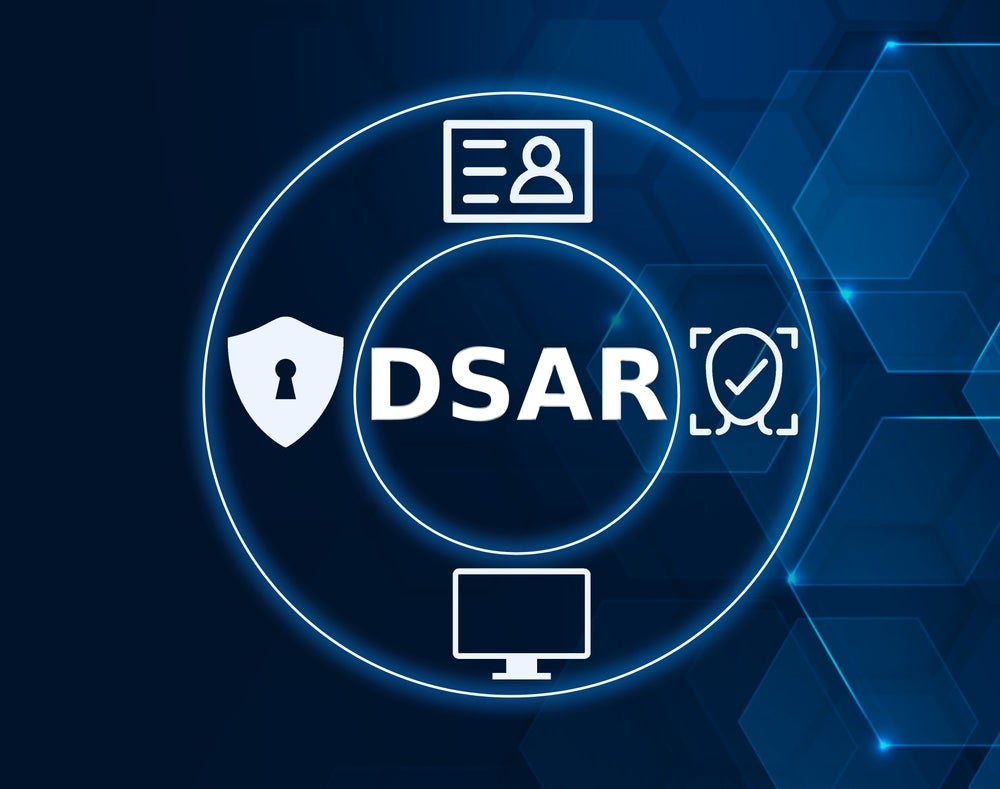The FCA’s inquiry into historic car finance loans has put dealerships across the UK in the headlights. And although we won’t know the full extent of its impact until September, when the investigation is due to wrap up, the industry is already facing intensifying scrutiny as customers heed warnings that millions could have been mis-sold unfair deals.
Early estimates suggest that payouts to affected consumers could cost lenders billions of pounds. Given these staggering predictions, it’s no surprise many are already gearing up to file their compensation claims. MoneySavingExpert has reported that over a million buyers have begun the process of drafting complaints through its platform, signalling the start of what will be a tumultuous period for the industry.
But this is just the beginning. Buyers will increasingly be turning to car finance companies to learn about the details of their loans and to gather the information needed to make compensation claims where necessary. In many cases, this will involve customers lodging Data Subject Access Requests (DSARs) with lenders.

Dealerships and lenders
Car finance companies aren’t alone in facing an influx of DSARs. All businesses are under pressure to be DSAR-ready, as requests climb across the board due to consumers becoming more aware of their digital footprints and data rights. But the ongoing FCA investigation has no doubt contributed to calls from consumers for more transparency around car finance loans in particular.
To provide that transparency, the industry must be prepared to deal with DSARs – a wave of which is building just around the corner.
Managing DSARs can be time-consuming. And the FCA probe, coupled with increasing cybersecurity threats across the car financing industry, makes it all the more important that companies get it right. To handle requests quickly, keep customers’ data safe, and avoid hefty fines, good data governance is key. By putting in place robust data strategies now, companies can ensure that their data is in order before the DSAR surge hits.
How well do you really know your competitors?
Access the most comprehensive Company Profiles on the market, powered by GlobalData. Save hours of research. Gain competitive edge.

Thank you!
Your download email will arrive shortly
Not ready to buy yet? Download a free sample
We are confident about the unique quality of our Company Profiles. However, we want you to make the most beneficial decision for your business, so we offer a free sample that you can download by submitting the below form
By GlobalDataData audit
DSARs enable individuals to obtain information about the data that an organisation holds about them. The problem is that organisations hold masses of data, which has been accumulated and stored in different systems over many years. These systems often don’t talk to each other and quickly become outdated. As a result, the files within them can easily be lost or forgotten about, leading users to make multiple copies of documents, and teams to lose track of the most up-to-date and accurate versions. And if companies don’t know what data they have stored where, they can’t expect to be able to help customers who come looking for it.
To get to the very specific information needed to fulfil DSARs quickly and accurately, companies must first have a complete understanding of the data they hold. Conducting a data audit can help. Map out the systems used by every team across the company, and the information held within those systems.
Data classification
From here, companies can clean and classify their data. This process involves describing files so that they can be categorised and securely stored with the relevant permissions in place. At the same time, files which are no longer needed or accurate can be filtered out and safely destroyed.
This practice helps companies ensure compliance with rules around data retention and GDPR, which are – coincidentally – often the subject of DSARs. It also helps hugely when it comes to handling DSARs themselves. When data is properly classified and stored, it is far easier to trace and retrieve exact information required for DSARs – and to do so within the strict period of time allowed for this.
Data permissions
During the cleaning and classifying process, companies should also be checking who has access to what information. In some cases, this will mean widening access to information, so that authorised individuals can retrieve the data needed to manage DSARs efficiently and securely, for example. In other cases, this will mean restricting access. This way, sensitive information can be protected from anyone who doesn’t need access to it – including cybercriminals.
Hackers tend to prey on companies holding sensitive customer information in large quantities, such as car finance lenders, and take advantage of any opportunity they can to gain access. Rising DSAR rates in the sector give cybercriminals the perfect excuse to pose as car finance customers seeking information about their loan, and attempt phishing scams to gain it – so reliable identity verification for subjects requesting data access is also vital.
Companies should also ensure that they have up-to-date permission to collect data from customers and to share it with third parties, if relevant. It only takes a DSAR for customers to check exactly what kind of information companies are gathering and sharing about them.
Data automation
For enterprises, the process of discovering, classifying, and securely storing data is usually too much to handle manually – the scale and risk of error are too high. Specialist AI tools can automate data management at scale to establish and maintain good data governance. The technology can also then be used to quickly, accurately, and safely retrieve the exact information required for specific DSARs, and disclose it safely to customers.
For car dealerships and lenders dealing with large volumes of customer information and under increasing scrutiny, AI can help companies stay on top of and stay on the right side of data governance and DSARs. Ultimately, good data management is core to building much-needed customer trust too.
The automotive industry is bracing for a challenging year ahead with the ongoing FCA investigation, on top of increasing consumer demands for transparency. To get ahead of these challenges, car dealerships should take steps to enhance their data management systems now. This will not only ensure regulatory compliance going forward but also free up time to help companies get back to serving their customers’ many other needs.
Steve Salvin is the CEO and Founder of Aiimi








